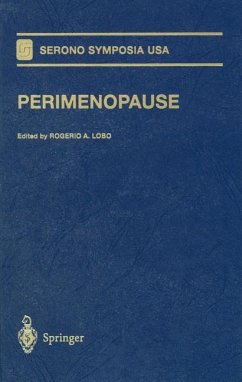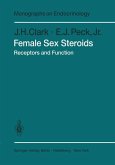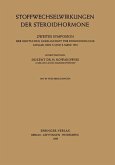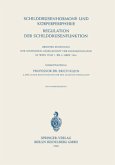The perimenopause is an extremely important time in a woman's life. In a similar but reverse sequence to puberty, it signals a change in ovarian status. Although some women pass through this transition without symptoms or concern, for many women, the perimenopause, which can last several years, is of great concern. Symptoms of estrogen deficiency, menstrual irregular ity, concerns over changes in mood, as well as reproductive concerns lead to anxiety and frustration. Because it is poorly understood, many clinicians are equally frustrated in finding ways to help their patients and question the appropriateness and/or need for treatment. This Serono Symposia USA, Inc., meeting was designed to help address some of these issues from both a basic science and a clinical perspective, and to provide a forum for discussion. The waning of ovarian function can be divided into two events that are dissociated: gametogenic and endocrine failure. Thus, the symposium was divided into three parts to address these two phenomena and to discuss treatment options. An outstanding international group of clinicians and investigators assembled to first address oocyte depletion and possible markers. Next the complex endocrine changes were discussed as well as the physiologic consequences of these changes. This included a discussion of hot flushes, bone and cardiovascular changes, menstrual irregularity, mood disturbances and depression, and anatomical changes in the ovary and breast. The third part of the symposium addressed treatment options, both in terms of symptoms as well as reproductive and fertility concerns.
Bitte wählen Sie Ihr Anliegen aus.
Rechnungen
Retourenschein anfordern
Bestellstatus
Storno









